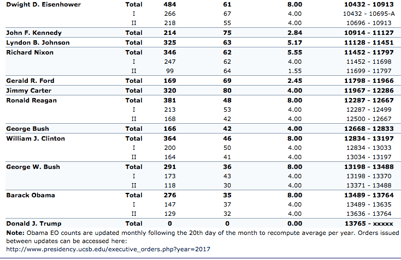Sales pipelines are similar to the story of "Goldilocks and the Three Bears. " This one is too fat, this one is too skinny, and the rarest one of all; this one's just right.
Why does this happen with pipelines and what should leaders be doing about it? In today's blog, we discuss developing better pipelines to improve your coaching skills, increase sales within your organization, and to build better habits in 2020 and beyond.

Fat Pipelines
This usually results from the overly optimistic salesperson. They call on a prospect and come back thinking some iteration of this, “We really hit it off . . . They really liked what we can do . . . We have a LOT in common”.
Another cause for a fat pipeline is that it feels like comfort food. Their pipeline has $X amount in it and they feel pretty good about it. I mean, come on, some of it has to close doesn’t it? This type of thinking gives them great comfort. Pipelines need two things:
- The proper amount given their ability to win business (close ratio)
- It must be properly staged
Here is where your leadership plays a critical role. Your skills at asking great questions are absolutely essential. Tone and tonality are of paramount importance, AND they must be fierce and helpful. Questions like:
- What did you hear the customer say that leads you to believe they would be a great customer for us?
- When you asked them the impact of not fixing this problem, what did they say?
- Who else in their organization will be impacted if they switch providers?
- What did they say when you asked about their decision making criteria (not process, criteria, there is a difference)
- When is the last time they chose a supplier that wasn’t the lowest cost?
- How much is in their budget to make this problem go away
- When asked them “How do you envision working with us”, what was their response?
- How did they choose their current provider?
Never EVER ask, “How’d the call go?” It’s a waste of time. Be great at asking questions. By asking great questions, you are coaching your salespeople. The questions listed above are the type of questions they should be asking the prospect. Your coaching session is nothing but a sales call. Be curious and when you coach, simply keep this in mind when meeting with your team, “Am I asking questions or am I making statements?”
Also, by asking great questions to your team, you find out where your people need to be coached. If you hear your salesperson say, “I didn’t ask that question” during your pipeline discussions, you need to find out if they are unable to ask those questions (they need more sales training) OR if are they unwilling to ask those questions.
Skinny Pipelines
There are two main reasons that a salesperson might have a “skinny pipeline”. They are getting beat up if something doesn’t close, or their activity isn’t where it needs to be. My question to you as a leader is, “When a piece of business doesn’t close, what does your lost business conversation sound like?”
There is no sin in losing a sale, the only sin that occurs is if nothing is learned from it. Don’t let one loss beat you twice. A couple of quick questions “What did you learn?” and “How will you get better because of it?”
The other reason for a skinny pipeline is activity. What are you measuring, how frequently are you measuring it (you need to measure weekly), and are you allowing excuses for poor effort? Salespeople fail for two reasons: Lack of Effort and/or Lack of Execution. You need to know which it is.
Just Right Pipelines
These types of pipelines are the rarest of all because they require the salesperson and manager to have a great and open relationship, while staying committed to their sales process and understanding the metrics needed to win business. For the salesperson, they need to understand what is their late-stage (close in 30 days) win ratio? If their late-stage win ratio is 50% and their monthly goal is $100,000, they need to have a minimum of $200,000 in late-stage opportunity each month.
The only reason a “Just Right” pipeline is possible because the salesperson is finding opportunities all-the-time. They understand prospecting is an all-the-time thing. They are constantly making calls, asking for introductions, and networking.
It’s healthy to have a pipeline “flush” on a regular basis. An opportunity moves through the pipeline or moves out of the pipeline on a regular basis. If a salesperson wants to cling to an opportunity, and want to defend keeping it their pipeline, is probably because they have nothing else to take its place. Coach them, encourage them, challenge them.



